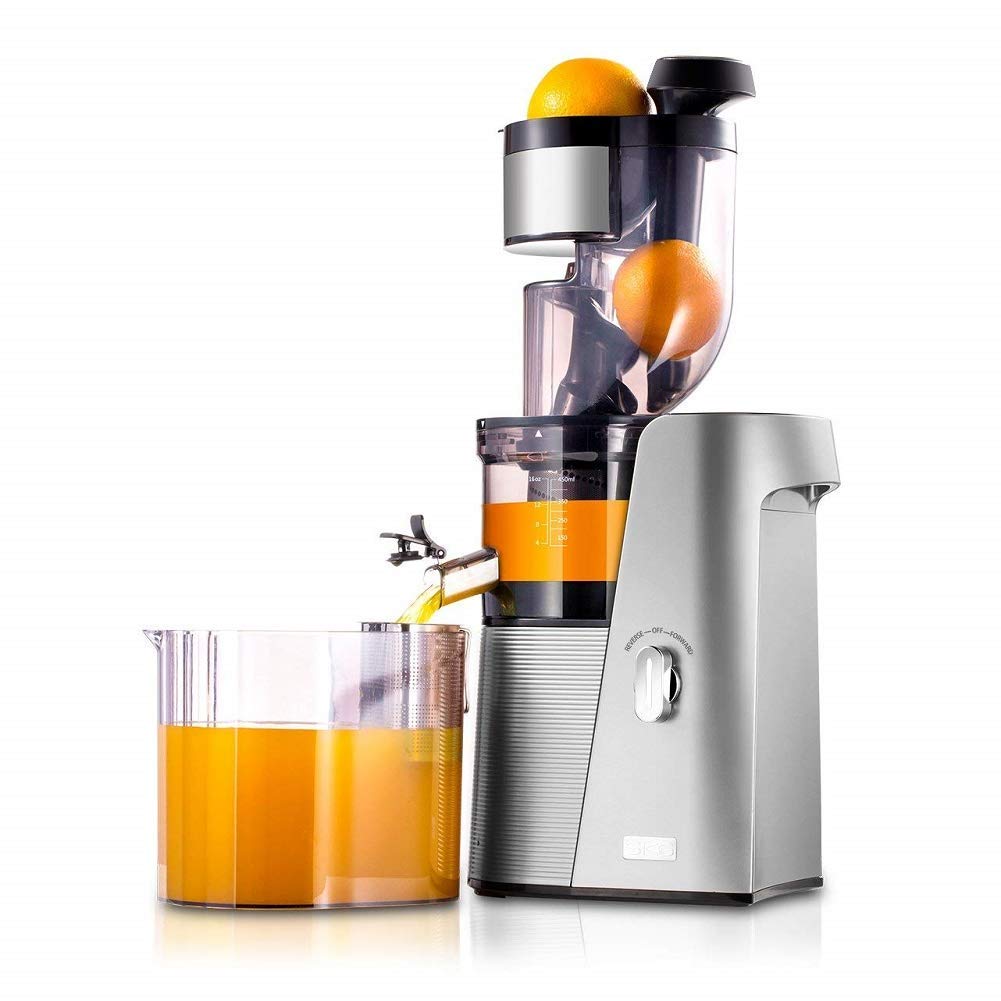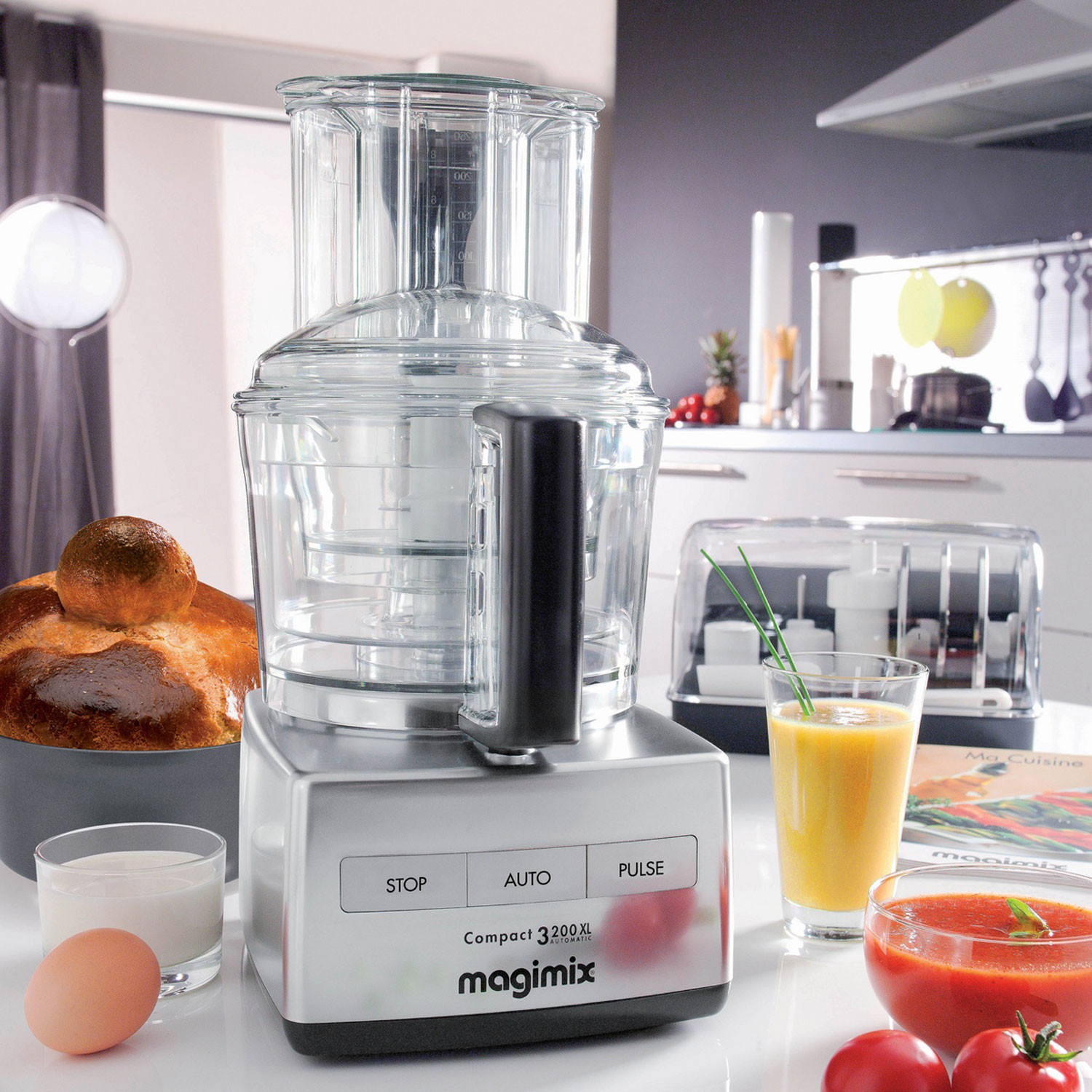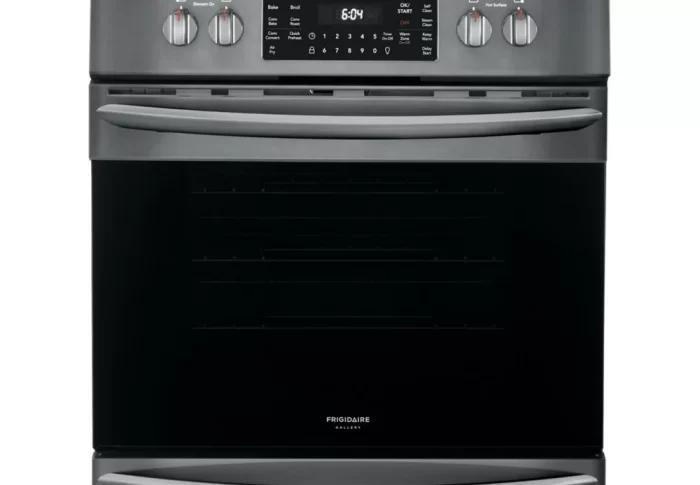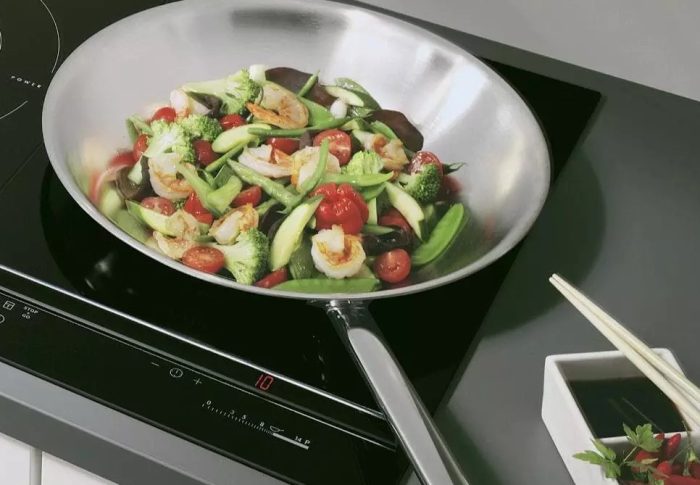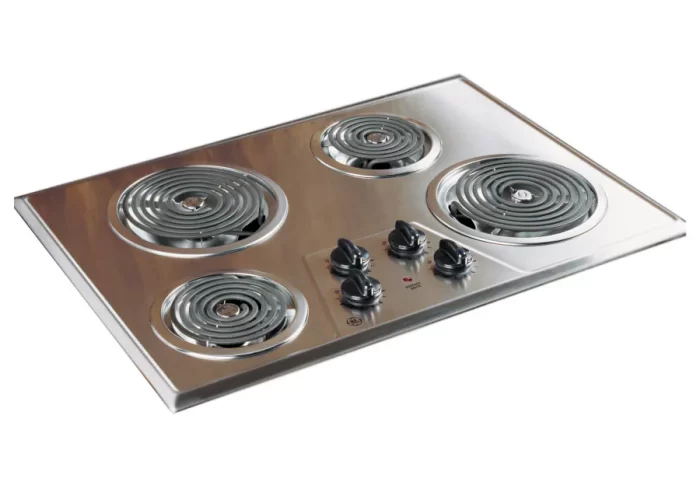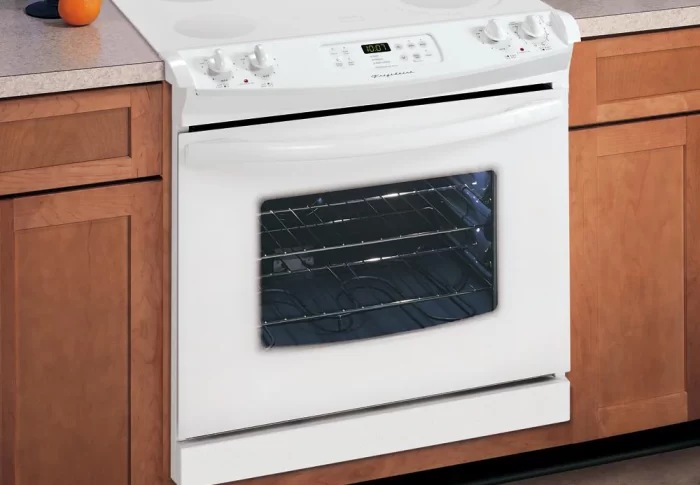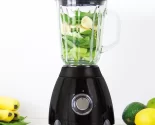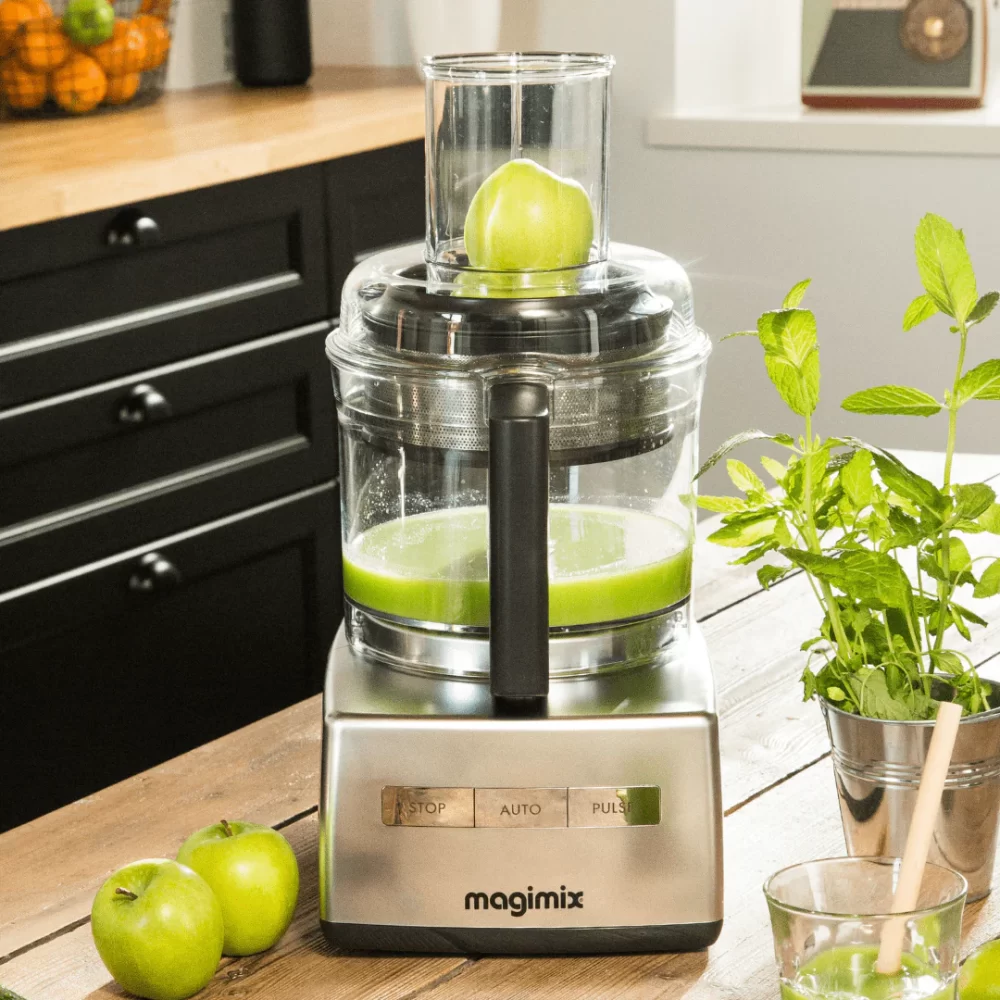
Food Processor vs Juicer: What’s Best for Your Kitchen?
In the world of kitchen appliances, two heavyweights often emerge in discussions about healthy eating and food preparation: the food processor and the juicer. Each of these devices has its unique features, functionalities, and benefits. While both help streamline meal preparation and contribute to healthier eating habits, they serve different purposes. In this article, we will delve into the various aspects of food processors and juicers, discussing their differences, advantages, and potential downsides to help you make an informed decision on which one suits your culinary needs best.
Understanding Food Processors
What Is a Food Processor?
A food processor is a versatile kitchen appliance designed to facilitate various cooking tasks. It typically consists of a motorized base, a bowl for holding ingredients, and various interchangeable blades and discs. These appliances can chop, dice, slice, shred, knead dough, and even purée ingredients. Because of their multifunctionality, food processors are invaluable in helping to reduce preparation time and effort within a household.
Key Features of Food Processors
- Versatility: Food processors are known for their ability to perform multiple tasks. Depending on the attachments used, a food processor can replace many smaller kitchen devices.
- Speed Control: Many food processors come with different speed settings, allowing you to customize the texture of your ingredients.
- Capacity: Food processors come in various sizes, making it easy to choose one that fits your cooking needs. Larger models can handle preparations for bigger families or gatherings.
- Ease of Use: Most food processors are designed to be user-friendly, with simple controls and easy assembly and disassembly.
Benefits of Using a Food Processor
- Time-Saving: A food processor significantly speeds up the food preparation process. Chopping, slicing, and dicing tasks that might take a long time can be completed in seconds.
- Consistency: A food processor ensures uniformity in texture, which is particularly important when preparing ingredients for sauces, dips, or baked goods.
- Healthy Cooking: Food processors enable you to create healthy, homemade alternatives to store-bought sauces, dips, and spreads. You can control ingredients, portions, and nutritional content.
- Versatile Cooking Options: With attachments, food processors can also knead dough, which allows you to make fresh bread and pastries right in your home.
Understanding Juicers
What Is a Juicer?
Juicers are specialized appliances designed specifically for extracting juice from fruits and vegetables. Unlike food processors, which chop and mix ingredients, juicers separate the liquid from the pulp, yielding a nutrient-rich juice. There are several types of juicers, including centrifugal, masticating, and citrus juicers, each operating on different principles for juice extraction.
Key Features of Juicers
- Juice Extraction Styles: Centrifugal juicers use high-speed rotating blades, while masticating juicers crush and press ingredients. Citrus juicers are specifically for squeezing juice from citrus fruits.
- Pulp Control: Some juicers allow you to adjust the amount of pulp that remains in the juice, enabling you to customize your drink to your preferences.
- Nutrient Retention: Masticating juicers typically retain more nutrients compared to centrifugal juicers due to their slower processing speeds and lower heat levels.
Benefits of Using a Juicer
- Nutrient-Rich Juice: Juicing provides an easy way to consume large amounts of vitamins, minerals, and antioxidants. Juice can often contain higher concentrations of these nutrients than whole fruits and vegetables.
- Hydration: Fresh juice can be a delicious way to stay hydrated, especially during hot weather or after workouts.
- Detoxification: Many people use juicing as part of detox diets. Fresh juices are often touted for their ability to eliminate toxins and improve overall health.
- Variety of Flavors: Juicing allows for creativity in flavor combinations, enabling you to experiment with various fruits and vegetables to find perfect blends.
Food Processor vs. Juicer: Key Differences
Purpose and Functionality
The most notable difference between a food processor and a juicer lies in their primary purpose. A food processor is a multipurpose tool designed for chopping, slicing, and mixing, making it an all-in-one appliance for meal prep. In contrast, a juicer is explicitly designed for juice extraction, focusing on removing liquid from solid ingredients without performing any other tasks.
Nutritional Outcome
When it comes to health benefits, the nutritional outcome also varies significantly between the two appliances. Juicers excel in creating concentrated doses of vitamins and minerals quickly absorbed by the body. While preceding a rigorous workout, a juice might prove more beneficial due to its quick hydration and nutrient delivery. On the other hand, food processors retain the whole ingredients, fiber included. Fiber plays an essential role in digestive health, and many preferred health enthusiasts argue that the fiber from whole foods contributes to a more balanced diet.
Texture and Consistency
Juicers focus on extracting liquid while discarding pulp, resulting in smooth, drinkable juice. Food processors, conversely, can produce a range of textures, from finely chopped vegetables to a chunky salsa, and even creamy nut butters. The choice between the two comes down to the intended use. If you’re after a refreshingly smooth drink, a juicer is ideal. If you seek a range of textures in meal preparation, a food processor is the better choice.
Clean-Up and Maintenance
Both appliances require some level of cleaning after use, but the process can vary. Food processors often come with more components than juicers, which can make them slightly more complex to clean. However, many modern food processors are designed with dishwasher-safe parts, simplifying the cleaning process. Juicers can also be complicated depending on the type; centrifugal models can be easy to disassemble, while masticating models, with more detailed parts, can require extra time and effort to clean thoroughly.
Cost Considerations
Initial Investment
Both food processors and juicers come at varying price points based on features, brand, and capacity. Entry-level models of each appliance can be affordable, though high-quality machines can reach significant prices. Generally speaking, high-end juicers may command a steeper price tag due to technology and design focused solely on juice extraction.
Long-Term Value
When evaluating cost, consider the long-term value of your purchase. A food processor’s versatility might justify a higher price due to its multiple functionalities, covering tasks typically assigned to separate appliances. If you plan to incorporate juicing into your daily routine and maintain that commitment, the long-term investment of a quality juicer might pay off in both health benefits and sense of satisfaction gained from fresh juice.
Choosing the Right Appliance for Your Needs
Your Cooking Habits
When it comes to deciding between a food processor and a juicer, take a close look at your cooking habits. If you frequently prepare meals from scratch, make sauces, or enjoy baking, a food processor may be essential in your kitchen arsenal. However, if you find joy in drinking fresh juice and wish to incorporate more fruits and vegetables into your diet, a juicer might be more aligned with your needs.
Lifestyle and Preferences
Your lifestyle can also dictate which appliance suits your needs best. Busy lives might favor the efficiency of a food processor that can handle a myriad of tasks in one go. If you are health-conscious and aim to introduce juices into your routine regularly, investing in a good juicer may serve you well.
Experimentation and Personal Taste
If you love trying new recipes and experimenting in the kitchen, consider your personal taste in cooking. Food processors can encourage creativity in meal preparation, allowing you to try various textural dishes. Juicers, on the other hand, enable you to concoct refreshing beverages that bring a delightful zing to your palate. Your desire to experiment with flavors, textures, and presentations can guide your decision-making significantly.
 Conclusion: Food Processor vs. Juicer
Conclusion: Food Processor vs. Juicer
In the debate of food processor vs. juicer, there is no decisive winner; instead, the choice depends on individual preferences, cooking habits, and nutritional goals. A food processor is a highly versatile tool capable of performing a wide range of tasks, saving time in meal preparation and allowing you to explore various cooking techniques. Juicers, on the other hand, specialize in extracting nutrient-rich liquids that can boost your health and hydration levels.
By analyzing features, methods, and your cooking style, you can make an informed decision about which device aligns best with your culinary pursuits. Ultimately, whether you choose a food processor or a juicer, both appliances inspire home cooking, making healthy, delicious food more attainable in our busy lives. The decision should reflect what you aim to achieve in your kitchen and the tastes you wish to explore to lead a nutritious, fulfilling life.

